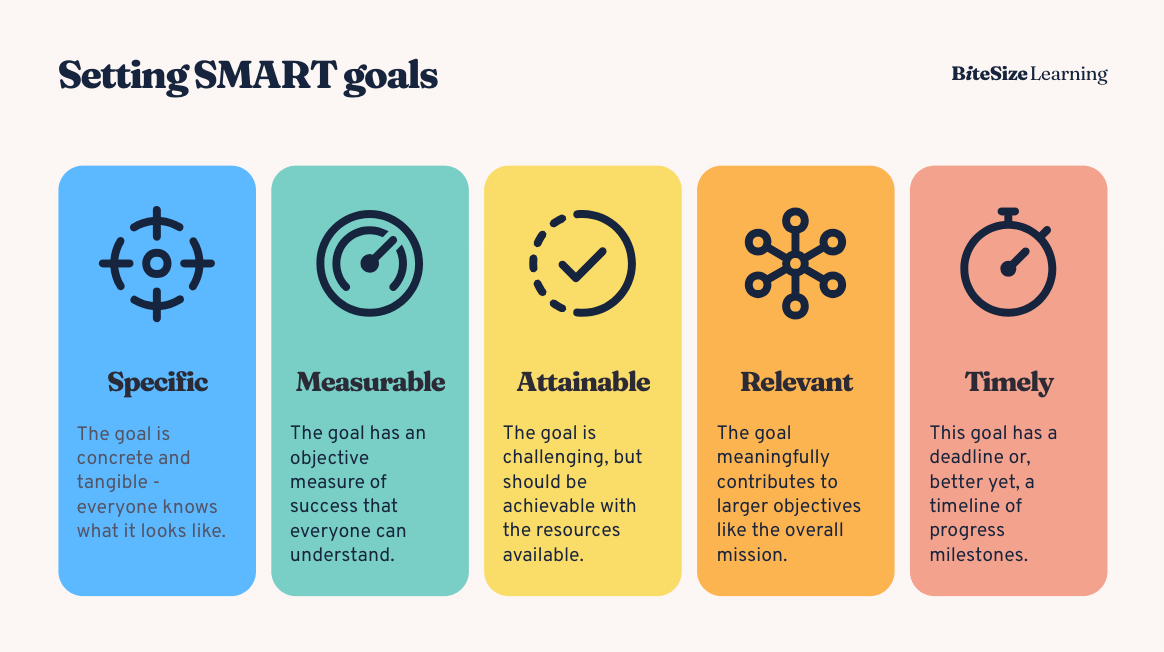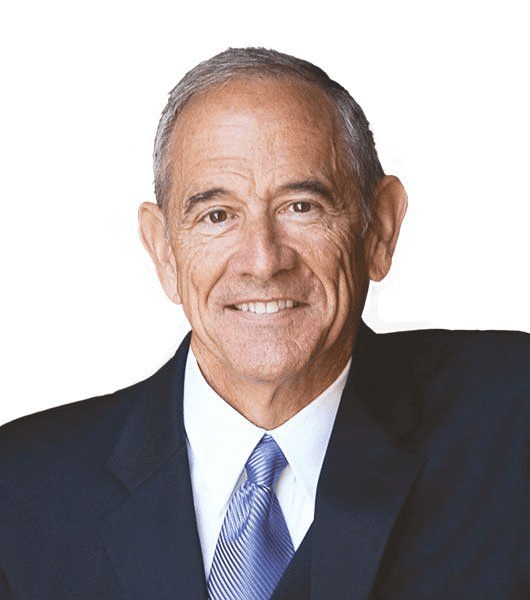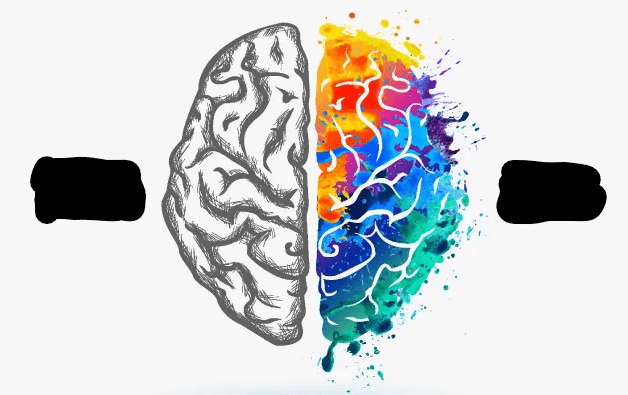Present, Tardy, and Absent are examples of this type of data
What is attendance data?
Survey says....It gives a voice to students.
What is the MiStudent Voice Survey?
S.M.A.R.T. Goal
What is Strategic, Measurable, Attainable, Relevant/Results-based, and Timely?
This individual is the lead learner for the entire district.
Who is Penny Miller-Nelson?
What do we want all students to know and be able to do?
How will we know if they learn it?
How will we respond when some students do not learn?
How will we extend the learning for students who are already proficient?
What is DuFour's four questions?
This term refers to a financial plan that outlines expected income and expenses over a specific period of time. Follow the money!!!

What are budgets?
A, A-, B+, B, B-, C+...
What are grades?
Rules or procedures that give guidelines for time, preparation, speaking, distractions, conflict, professionalism, and participation. Cheers!!!!

What are norms?
This individual oversees school improvement where they do the following:
Collaborate on the “what” & “why” of data use
Prioritize data responsiveness and sustainability
Give staff the space to determine new instructional strategies
Lean into the discomfort, focus on trust and transparency
Celebrate the wins along this journey
They do it all!!!!!
What is a principal or assistant principal?
Michael Fullan states that it is the evidence or causal link that something is working? (start video at 1:17)
What is data?
This type of assessment is typically given at the end of a course or unit to evaluate overall student learning. Yes, that about sums it up!
What is summative assessment?
A collaborative process that helps students understand their learning goals and improve their learning. It's a part of instruction that involves teachers and students providing and receiving feedback to adjust teaching and learning. It helps students in their formative years...
What is formative assessment?
PLCs or collaborative teams often use a _____________ for data analysis and a _______________ for analyzing student work to help keep the conversation focused on student achievement.
What is a Protocol?
I am the guru of PLCs if you are old enough to remember me...
Who is Richard DuFour?
Data is not always about solving a problem. It can also be used for this task. (Start video at 1:24)
What is using data to define or find a problem?
This tool assesses a teacher's performance, often based on classroom observations, student feedback, and professional growth.
What is 5D+?
It is an MPS assessment given three times a year in grades one through nine. It contains the popular MAP (Measures of Academic Progress) test. Teachers use it to guide instruction, SSTs use it to identify at-risk students, and continuous improvement teams use it to benchmark school improvement activities.
What is NWEA?
Typically, it is the primary strategy used by PLCs and/or collaborative teams to improve student achievement. Teachers are the individuals who control their daily use in the classroom.
What are instructional strategies?
What about Bob? Well, Robert Marzano is often credited with the phrase "g__________ and v_________ c______________."
What is a guaranteed and viable curriculum?
It is a group of teachers in MPS working together to create collective efficacy as John Hattie describes in this video.
What is a Professional Learning Community or a collaborative team meeting?
achievement data, demographic data, program data, and perception data. (Hint: not one, not two, not three, but .....)
What are the four types of educational data?
Two big categories of data: one focuses on numbers and measurable information, while the other explores descriptions and subjective insights. (hint: make sure you mind your P's and ___)

What is quantitative and qualitative data?
It used to be paper, but now, it is often a digital tool that is used to keep a PLC or collaborative team focused and on topic.
What is an agenda?
Wiggins and McTighe referred to as “purpose-driven teaching.” As you write or create a curriculum, it asks you first to identify what learning outcomes you want your students to achieve before considering what methods and tasks they will engage in. Many individuals get it backward when designing a curriculum.
What is Understanding by Design or Backward by Design?
Seeing others as either being unable to change or having the ability to change 
What is fixed mindset and growth mindset?